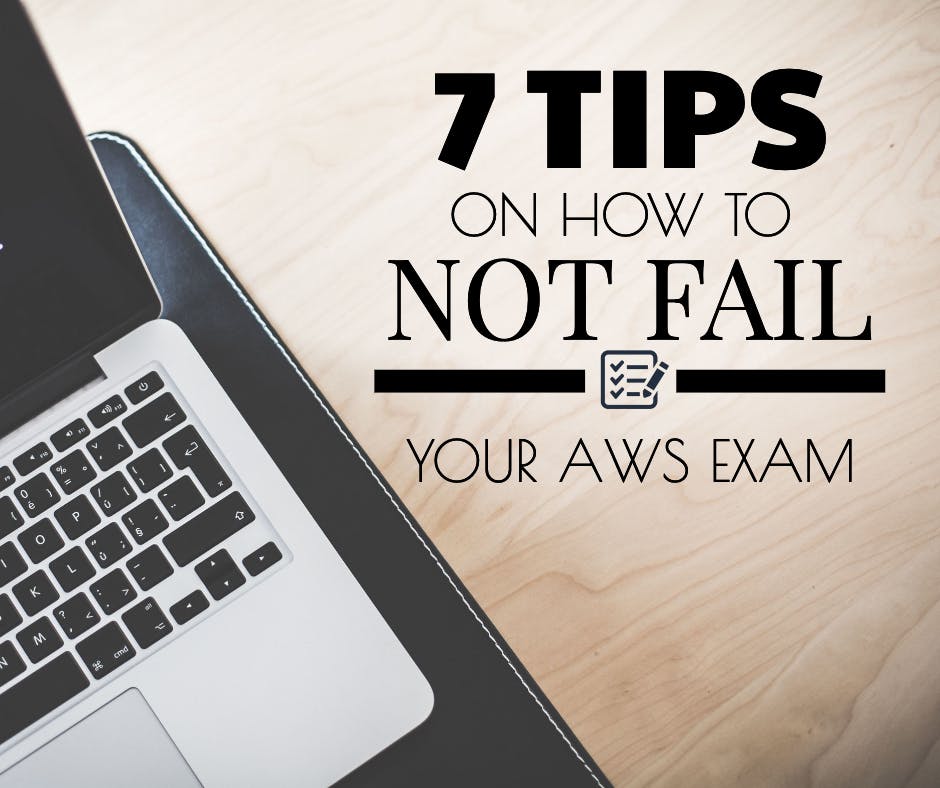If you're a life-long learner like me, this is an amazing time to be alive. We have unprecedented access to inexpensive information. When I first started working in IT over 20 years ago, I primarily learned from books. Free information on the Internet was far more limited, and if I wanted to build a lab at home I had to purchase thousands of dollars worth of equipment - and dedicate a spare room to it!
That all has changed, and for those of us pursuing AWS certifications, we have some amazing options available today. There are numerous sources of free information available on YouTube, the AWS website, podcasts and numerous blogs (e.g. check out the free training resources from digital cloud training). We can find inexpensive high-quality courses packed with everything you need to know to pass your exam. On Udemy there are some great courses from Stephane Maarek, Jon Bonso and myself, or you can use A Cloud Guru or Linux Academy.
You can even get entire courses for free from instructors such as Andrew Brown over at freeCodeCamp and YouTube. And to top it all off, you can practice for free with an AWS free tier account.
So the question perhaps should be, why is anyone failing their exams? The reality is, all of the materials are there, whatever your budget, but it's up to us as students to use them properly. So how can you make sure you don't fail your AWS certification exam? Here are a few tips based on my personal experience from over 20 years of taking IT certifications:

Own your outcome - this can apply to pretty much anything in life and is one of the first things coaches from any discipline will emphasize. This means it's YOUR responsibility to source all the information you need, dedicate the time and effort to learn it and make sure you're well prepared for the exam. If you mess it up, own it, and work out what YOU did wrong and correct it.
Be an active learner - we can all sit back and watch videos and mindlessly consume a bunch of facts. But to ensure you retain the information requires active involvement. That means taking notes, doing practical exercises, taking practice tests and solving problems. The more hands-on you get - the better. Answering other students' questions in forums is another good exercise as it requires a bit of research.
Identify your weaknesses - most practice tests give you some feedback on which areas of knowledge you're weak on. Make sure to use this data to then go and study those areas in more detail. For example, if you keep getting confused by questions around Amazon EBS vs Instance Store, go back to your training and re-watch those videos, look up both services on the AWS website, google for use cases associated with each service, and then go and do some practice in your free tier account.
Dedicate regular time for training - make sure you dedicate some time to train regularly. Sporadic learning is your enemy as you'll forget stuff. The best thing is if you can dedicate a specific study period each day and stick to it right through to the end. Try and schedule this in when your mind is fresh and energized. For me, this means early morning.
Use practice tests early - some people wait until that last week or two to start using practice tests. There are many practice test providers today (including digital cloud training) who provide questions that are very similar to the real exam. Get enrolled early in your training and start taking the tests. It doesn't matter if you fail miserably in the beginning, the point is you're learning the question style and gaining more knowledge. Make sure you follow each test up by noting down your weak areas so you can work on them.
Find some interesting projects - if you're doing a course that has practical lab exercises that's awesome but try and come up with your own projects too. If you're following a script, you'll learn less. If you come up with your own projects, you'll learn way more as you have to troubleshoot errors. If you're new to AWS do a hands-on labs based course first so you know the basics, then start to come up with your own projects or variations.
Don't book your exam until you're ready - this seems obvious but many people rush to get their certification. Sometimes, employers put expectations on their employees for getting certified in unreasonable amounts of time. Wherever possible, delay your exam until you're very confident that you can easily pass. For students on my AWS certification practice test courses, I always advise that they should be hitting 80-90% consistently before booking their exams. But try and avoid memorizing! This can lead to a false sense of confidence if you're going back through practice tests over and over.
Those are just a few techniques that can help. Everyone has their own learning style and that may mean a preference for video, reading or practical activities. Design your training according to your own learning style but don't neglect the others as they are ALL necessary to successfully pass your AWS certification exams.
